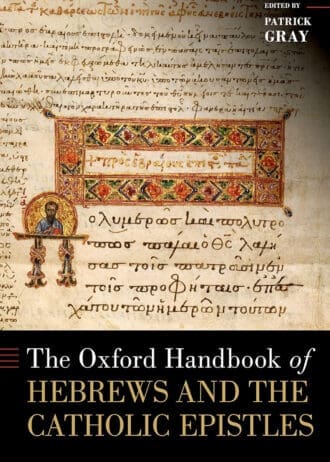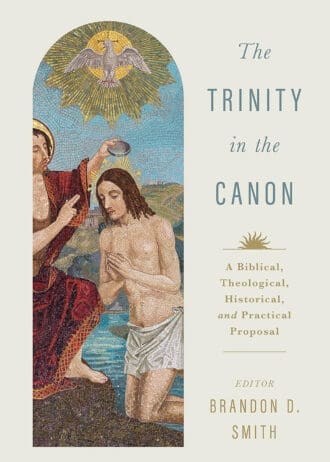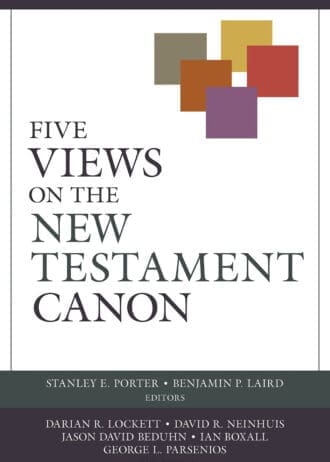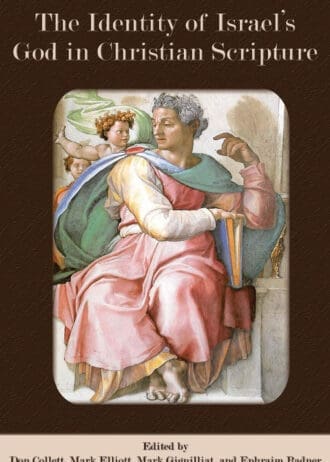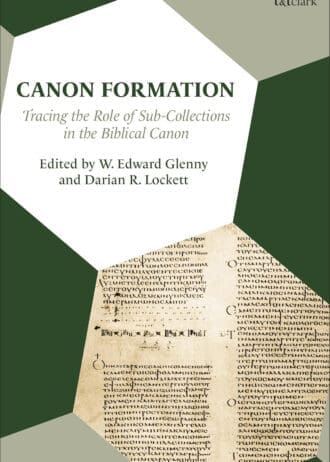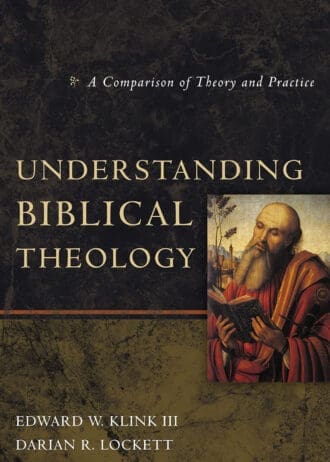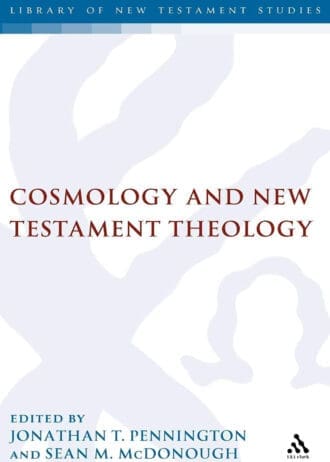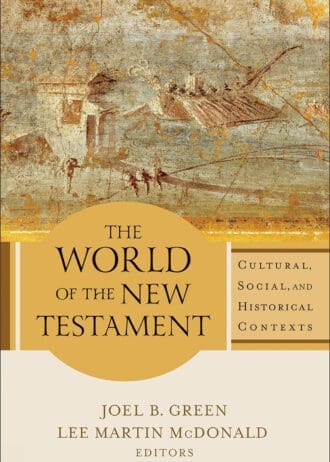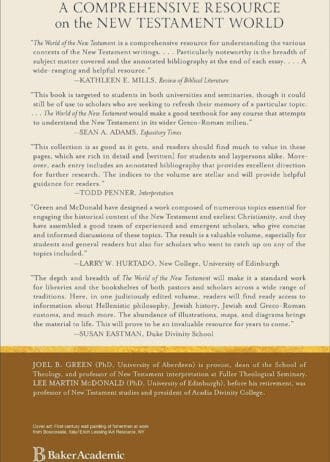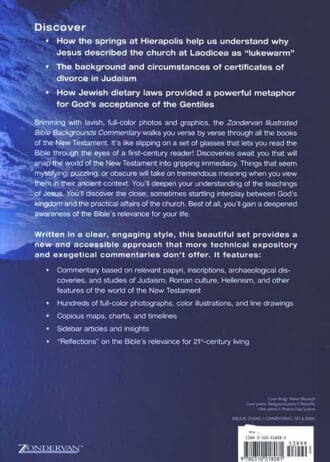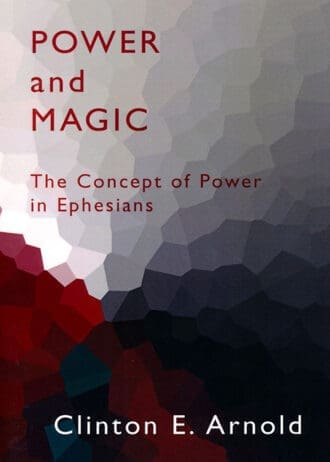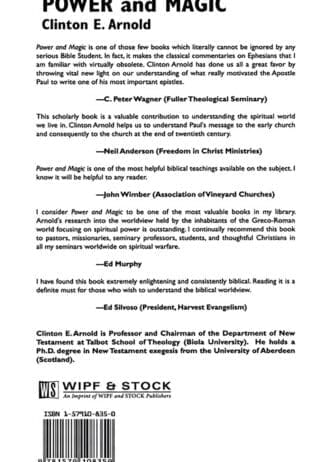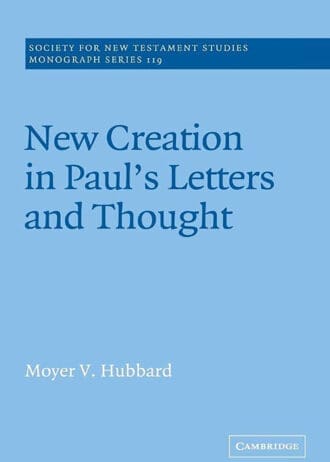Arguing against restricting the meaning of purity language to the individual moral sphere (as many commentaries do), the central argument of Purity and Worldview in the Epistle of James is that purity language both articulates and constructs the worldview in James’s epistle. Lockett offers a taxonomy of purity language, applied as a heuristic guide to understand the function of purity and pollution in the epistle. Through this analysis the study concludes that James is not calling for sectarian separation, but rather demonstrates a degree of cultural accommodation while calling forth specific socio-cultural boundaries between the readers and the world.
Editorial Reviews
…Lockett makes a convincing case for his thesis. It should profit serious students of James.
Religious Studies Review, September 2009
Lockett expertly advances his own case for the significance of purity in James and finely tunes its role as a major concern of its perfection theme…It covers an aspect of James that deserves treatment and provides meaningful research for others to ponder, both in its broad strokes and in its fine points. For those interested in the Epistle of James it should be required reading.
William R. Baker, Stone Campbell Journal, Vol. 13, 2010


